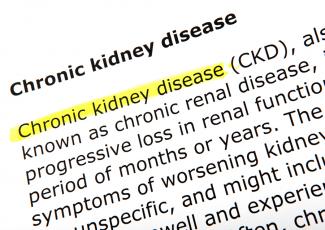
A widely prevalent skew in kidney donation — gender disparity — is just as shocking as economic disparity, when the bald numbers are scanned.
Doctors at Narayana Health, a large Bangalore-headquartered hospital chain run by well-known cardiac surgeon Devi Shetty, found that an overwhelming 65 per cent of kidney donors in its hospitals are women, whereas 70 per cent of kidney recipients are male. Kidney donation is a medically proven safe process that has no bearing on a person’s lifespan. Yet, a combination of economic, social and cultural factors, as well as coercion, tilts these statistics against women.
The numerical pattern weighing against the female gender predictably repeats in other hospitals, including in corporate hospital chains catering to the well-heeled, not just in Bangalore but in cities across the country. The predominant donor is the wife of the recipient but other female relatives, such as sister, mother and grandmother, and even mother-in-law, are called into the equation to give a new lease of life to their male relatives.
The pressure stems from women feeling more responsible for the welfare of the family. Mothers and sisters counted for the most frequent donors after the wives. Role compulsions such as “My husband/ brother/ son is more important than me” create pressure, and cultural stereotyping of the sacrificial role played by the wife/ mother/ sister plays an important role in the woman’s “altruism”, says Usha Bapat, a psychiatric social worker who has worked for decades in the field of renal transplants at St John’s Hospital and is now a consultant at Jain Hospital. “It is culturally ingrained in Indian women that they have to sacrifice,” says Bapat. She knows of divorced, widowed or otherwise financially dependent women feeling obliged to repay their families by donating their kidneys.
In general, gender inequity is widely prevalent in India when it comes to access to medical care. In complicated diseases like renal failure, men are much more likely to arrive at hospitals to receive medical attention than women. Even if diagnosed, women fail to show up for treatment because kidney haemodialysis is an expensive process. That also makes women less likely to receive dialysis treatments, and gives them even slimmer chances of receiving renal transplants.
http://indianexpress.com/article/opinion/columns/the-fifth-metro-given-by-women-received-by-men/






